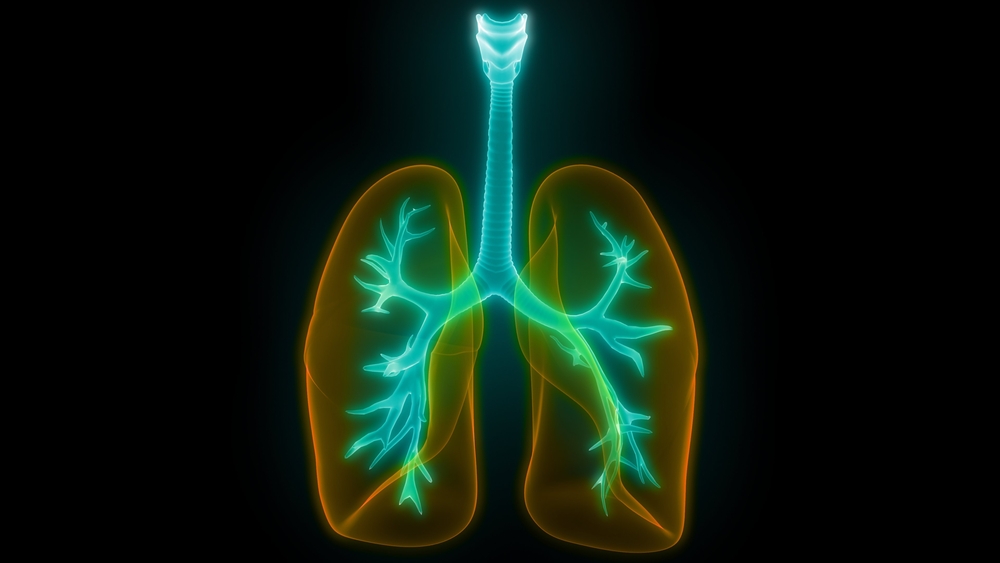
Scientists have pinpointed a chemical signal that worsens inflammation linked to a life-threatening lung condition.
The discovery could eventually lead to new therapies for the disease, which can be fatal for up to half of those affected.
Acute Respiratory Distress Syndrome (ARDS) is caused by widespread inflammation in the lungs and can lead to fluid leaking into the airways.
Researchers found that patients with ARDS had high levels of a type of molecule called mitochondrial formylated peptide in the fluid of their lungs.
Laboratory tests found that these molecules play a key role in attracting specialised immune cells called neutrophils. Neutrophils are known to be responsible for orchestrating the inflammation associated with ARDS.
Studies with mice found that blocking the molecules’ signalling mechanisms helped to stem neutrophil infiltration and alleviate lung inflammation associated with ARDS.
Experts at the University of Edinburgh say the findings could pave the way for new therapies for the condition, which is untreatable.
ARDS typically affects patients who are already critically ill and can be triggered by severe injuries or infections such as pneumonia.
Mitochondrial formylated peptides are released from the body’s cells when they die. Therapies that target these molecules could potentially help patients with any type of ARDS, whether caused by an infection or not, the researchers say.
The study is published in the journal Thorax. It was funded by the Wellcome Trust and the Medical Research Council.
Lead researcher Professor Adriano Rossi, of the University of Edinburgh’s MRC Centre for Inflammation Research, said: “For the first time, we have demonstrated that these mitochondrial formylated peptides are present and elevated in ARDS and that they directly drive lung inflammation. This therefore highlights a potential novel therapeutic target for this life threatening illness.”
Filed Under: Drug Discovery




